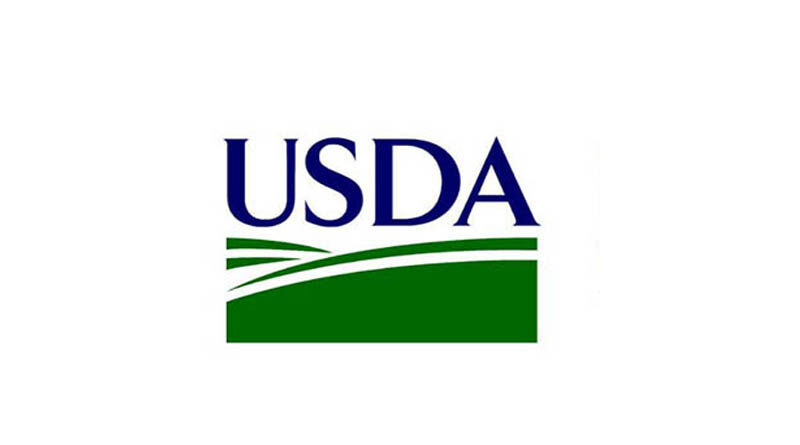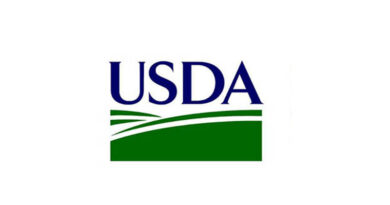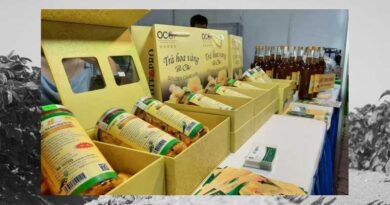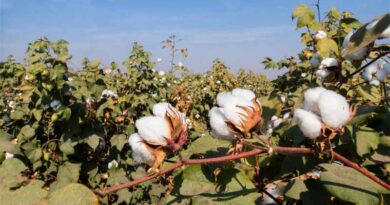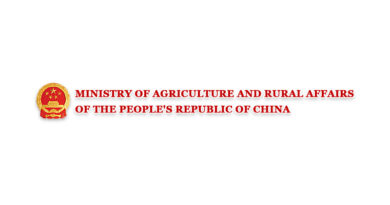Agriculture Secretary Tom Vilsack Issues USDA Proclamation Recognizing National Pollinator Week
21 June 2021, Washington: Today, Agriculture Secretary Tom Vilsack issued a United States Department of Agriculture (USDA) proclamation to recognize the designation of the week of June 21 – 27, 2021 as National Pollinator Week.
Pollinator species, such as birds, bats, bees, and other insects, play an important role in producing more than 100 crops grown in the United States. Honey bee pollination alone adds more than $18 billion in value to agricultural crops annually and are critical to ensuring our diets are plentiful with fruits, nuts, and vegetables.
“The health of these agricultural contributors is critical to the vitality and sustainability of U.S. agriculture, food security, and our nation’s overall economy. Pollinators are also essential for healthy, biodiverse ecosystems across public and private lands, including our agricultural lands and our National Forests and grasslands,” said Agriculture Secretary Tom Vilsack. “I applaud pollinator conservation efforts happening across our nation. I recognize we have a lot more work to do to protect these important agricultural contributors and creating awareness about the importance of pollinators is a continued step to ensuring pollinators thrive.”
USDA recognizes the critical role pollinators play in agriculture and supports pollinator health through research, data collections, diagnostic services, monitoring, pollinator habitat enhancement programs, and pollinator health grants. Learn more about USDA pollinator work at www.usda.gov/pollinators.
Read the full proclamation: National Pollinator Week Proclamation (PDF, 133 KB)
USDA touches the lives of all Americans each day in so many positive ways. In the Biden-Harris Administration, USDA is transforming America’s food system with a greater focus on more resilient local and regional food production, fairer markets for all producers, ensuring access to safe, healthy and nutritious food in all communities, building new markets and streams of income for farmers and producers using climate smart food and forestry practices, making historic investments in infrastructure and clean energy capabilities in rural America, and committing to equity across the Department by removing systemic barriers and building a workforce more representative of America.

